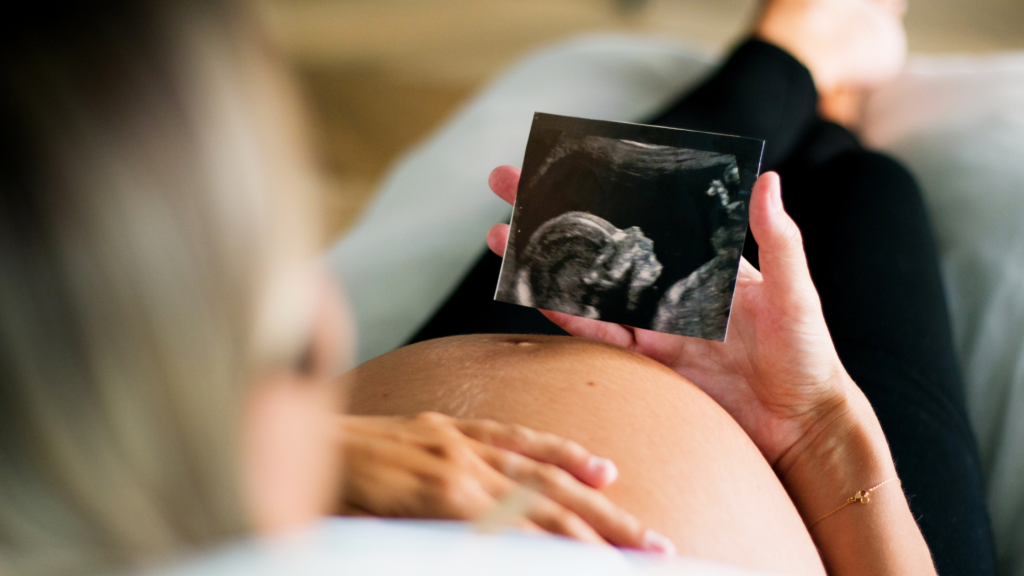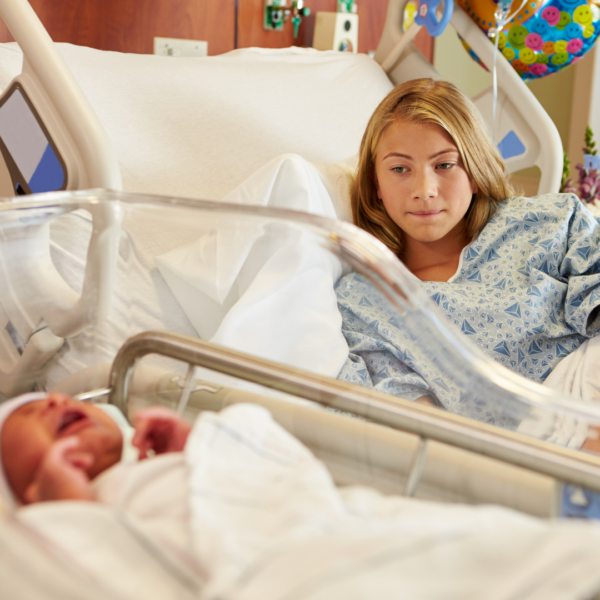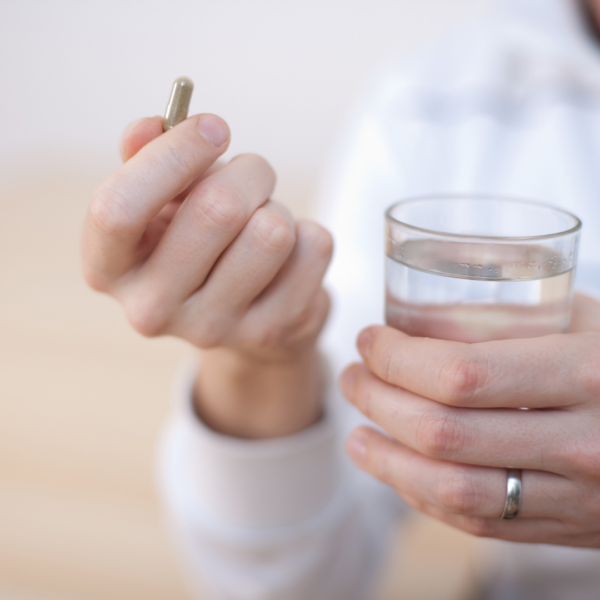How Pregnancy Impacts Your Mental Health
For some individuals, pregnancy is the happiest time of their lives. But for others, pregnancy and childbirth are full of confusion, pain, fear, stress, and even depression. The mismatch between cultural expectations and personal expectations can also make it difficult for pregnant people to cope and seek help when they need it.
Perinatal anxiety or depression can occur during or after pregnancy, and it can have a serious effect on mothers and their children, particularly infants and toddlers. Scientific research confirms that infants need engaging, attentive, and nurturing caregivers to thrive. If we can begin to identify and treat perinatal mental health issues earlier and provide expectant families with the support and resources they need, we will in turn support the well-being of our future generations.
Identifying Perinatal Mental Health Issues
Pregnancy can be an exciting time, but it may also bring a lot of negative emotions and a rollercoaster of hormones. Not to mention, diagnosis of mental health issues during this time can be tricky as pregnancy or postpartum symptoms can sometimes hide other symptoms or indicators that something is wrong. Those who have a history of depression, anxiety, or trauma, or have experienced a miscarriage or loss of a child, are also more likely to experience perinatal anxiety or depression. Here’s how you can learn to identify the different types of mental health issues that arise before, during, or after your pregnancy:
Perinatal Anxiety
It’s natural to worry about the birth of your little one, or about the fragility of your newborn. In fact, it’s a sign of your already-deep love for your newest addition. But sometimes worrying can get out of hand, keeping you up all night or on edge most of the time. Excessive worrying can also lead to physical symptoms, which can be bad for your baby in the womb.
Perinatal anxiety is a lesser-known mental health condition primarily due to postpartum depression receiving most of the public attention, but it is still estimated that at least 18% of pregnant people experience perinatal anxiety, and that number could be even higher if more individuals were to speak up.
Symptoms of Perinatal Anxiety:
- Constant or near-constant worry that cannot be eased
- Feelings of dread about the things you fear will happen
- Sleep disruption (particularly during the times when your baby is sleeping peacefully and you cannot)
- Isolating from loved ones or fear of going outside in case something happens to yourself or your newborn
- Fatigue, heart palpitations, sweating, nausea, shakiness, or hyperventilation are all physical symptoms related to perinatal anxiety
There are a couple of even more specific types of perinatal anxiety, including perinatal panic disorder and perinatal obsessive-compulsive disorder (OCD). Their symptoms match those of their non-perinatal counterparts, though they may relate more to your role as a new parent.
Antepartum Depression: Depression During Pregnancy
Many of us have heard the term “baby blues,” for when a mother feels tired, worried, or down for a few days after having a baby. But while the baby blues and postpartum depression may receive the most public attention, 14-23% of women also suffer from some type of depression during pregnancy.
Depression during pregnancy, also known as antepartum or prenatal, can significantly affect mothers and developing babies. Pregnant people who are depressed are more likely to develop complications such as high blood pressure, and depression during pregnancy has been linked to preterm birth and low birth weight– all of which are more costly to treat and likely to cause developmental delays. As mentioned, what makes this period of time even more complicated is the fact that several symptoms of depression are similar to the changes associated with pregnancy.
Symptoms of Antepartum Depression:
- Sleeping too much or too little
- Persistent feelings of sadness and frequent crying
- Excessive anxiety about your pregnancy, baby, or ability to parent
- Poor adherence to prenatal care including not gaining enough weight
- Withdrawing from loved ones
- Engaging in impulsive or risky behaviors such as drinking alcohol, smoking, or using illicit drugs
- Thoughts of death or suicide
Postpartum Blues or “Baby Blues”
The “baby blues” impact between 50 and 75% of people after delivery. If you’re experiencing the baby blues, you will have frequent bouts of crying, sadness, and anxiety. Remember, babies require around-the-clock care, so it’s normal for mothers to feel tired or overwhelmed at first. This condition usually begins in the first few days after delivery and usually subsides within two weeks without treatment. The best thing you can do is rest and ask for support from friends, family, or your partner.
Postpartum Depression (PPD)
Postpartum depression is a mood disorder that occurs after a recent birth and is a more serious condition than the “baby blues.” PPD affects 1 in 7 new mothers, and the risk is higher for people of color who are less likely to have access to or afford treatment. Individuals with a personal or familial history of depression are also at a higher risk for PPD. It’s worth mentioning that PPD can affect fathers, surrogates, and adoptive parents, too.
Symptoms of Postpartum Depression:
- Persistent sad, anxious, irritable, or hopeless feelings
- Difficulty remembering, concentrating, or making decisions
- Aches, pains, cramps, or digestive problems that do not ease with treatment and have no clear cause
- Persistent doubts about your ability to care for your new baby
- Trouble bonding or forming an attachment with your new baby
- Thoughts about death, suicide, or harming oneself or the baby
Postpartum Psychosis (PP)
Postpartum psychosis is a severe mental illness that occurs after childbirth and is considered a medical emergency. Individuals with PP may be at risk of harming themselves or their children. Individuals who have personal or family history of bipolar disorder or a previous psychotic episode are at the highest risk. If you or a loved one experience any of the following symptoms, call 911 or go to the nearest emergency room.
Symptoms of Postpartum Psychosis
- Delusions, paranoia, or confusion (thoughts or beliefs that are untrue)
- Hallucinations (seeing, hearing, or smelling things that aren’t there)
- Mania (high, elated mood that seems out of touch with reality)
In general, if feelings of depression or anxiety persist for a few weeks or interfere with daily activities, it’s time to ask for help.








